Practical Daily Schedules For Kids That Make Life Easier
Inside: Kids thrive when they have a routine and predictability in their day. Here are daily schedules for kids to use for being at home…

Inside: Kids thrive when they have a routine and predictability in their day. Here are daily schedules for kids to use for being at home…
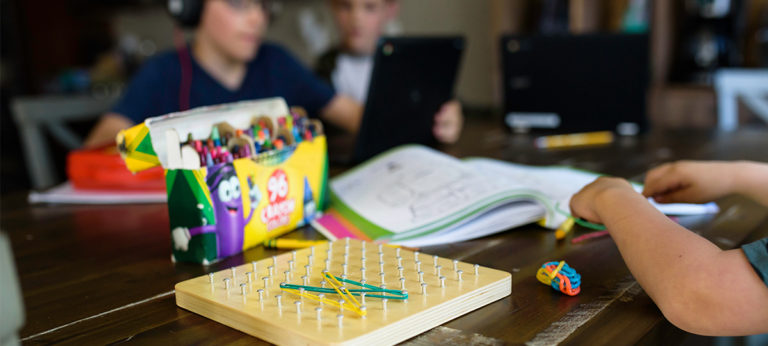
Kids can still learn at home! Here is the ultimate list of educational resources including virtual field trips, education websites, curriculum, lesson plans, videos and books. It’s all here!

Inside: Parents are at such a crossroads with what to do with their children’s education. Sending kids back to school can feel scary. I interviewed…

Inside: Schools may not reopen in the way parents are hoping this Fall so they are looking into homeschooling and working full time. Here are…
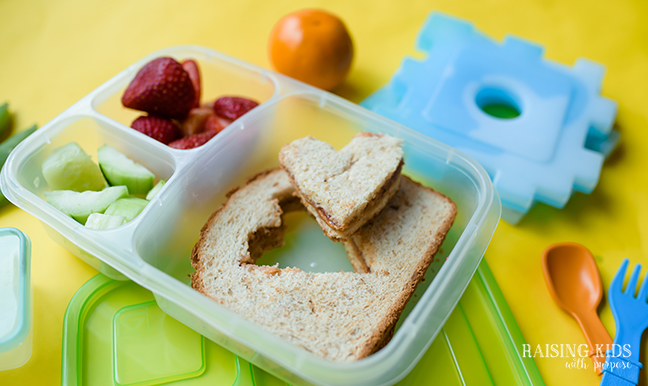
There are many benefits to having your kids pack their own lunch. The first is that it frees YOU up from having to do it. But it also give them the life skills needed for adulthood.
Included in this post is a FREE Lunch Box Ideas List to help your kids pick what to pack for lunch.
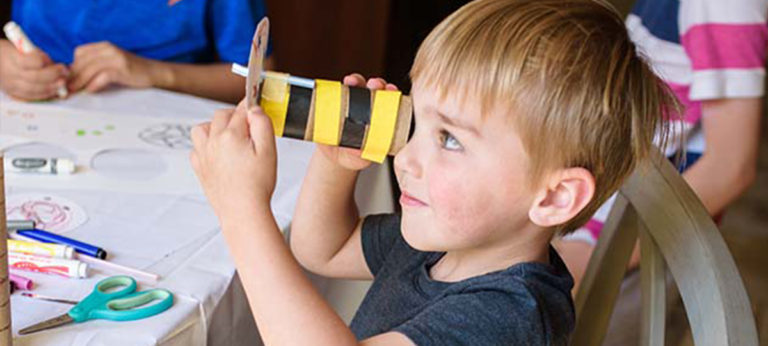
Inside: How art and science foster creativity in kids. Also included is a tutorial on how to create a kaleidoscope found on The PAST Foundation’s…

It’s imperative for our kids to learn basic life skills. Here are 4 super simple steps for teaching a child anything from blowing a bubble to daily chores.
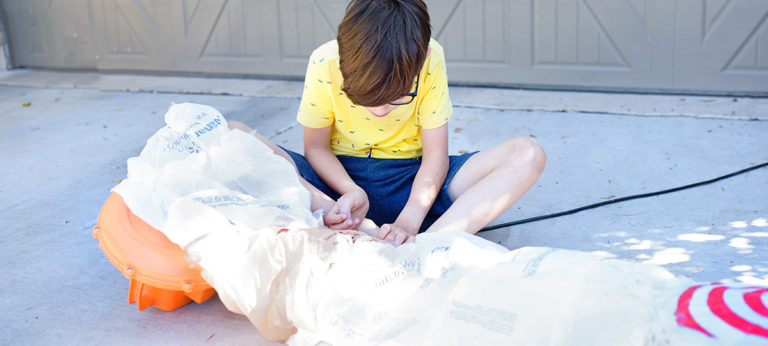
Inside: How engineering, building and making foster creativity in kids. Also included is an engineering activity for kids, how to make an Inflatable friend. The…

Process art is very beneficial to brain development. Here is a STEAM project using paint and chemistry to make paint rockets.

Hands down, creativity is important for children whether they are born creative or not because it helps with self-expression and supports emotional and mental health. Being able to tap into creativity increases the quality of a child’s life all the way into adulthood. It is actually proven to increase longevity as well. Creativity is the gateway to that happiness if used in a positive way.

Not talking about race can reinforce racism. Instead, parents can do so many things to raise kids who are antiracist and celebrate diversity.
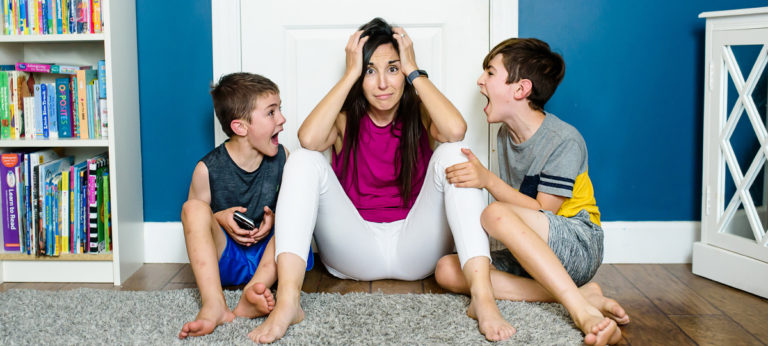
Inside: Do you ever say this to yourself, “My kids are driving me crazy?” I sure have over this time of being stuck inside so…